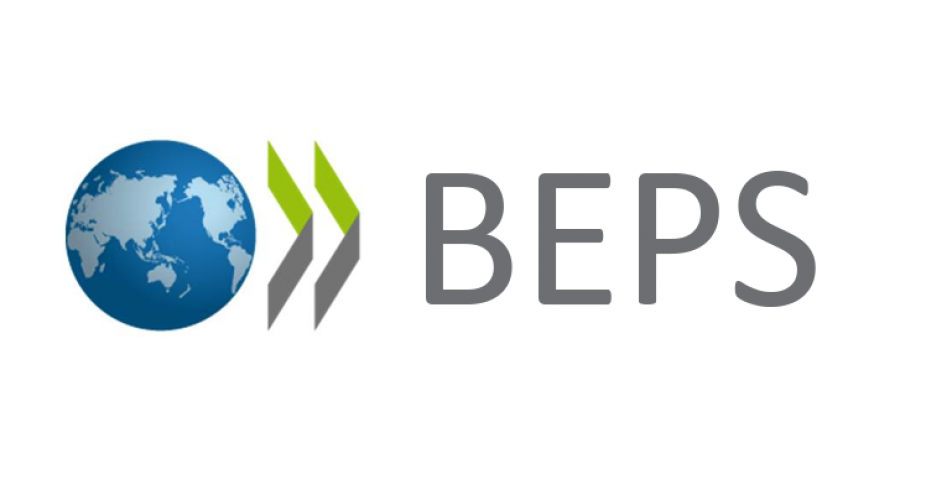Measuring Brand Equity, Polish legal regulations and the World’s Most Valuable Brands

The term “brand” is sometimes defined in different ways. Generally speaking, however, it is a name, a symbol, a graphic sign or a combination of these created in order to distinguish a given product or service from other competing goods. A brand is a set of functional elements that help build a customer base and enable the brand owner to achieve market leadership. A brand may consist of a name which is the verbal part and a non-verbal part, i.e. any symbol, logo. A brand or part of a brand under legal protection becomes a trademark.[1]
What is a trade mark and what is its purpose?
A trademark can be any sign capable of distinguishing the goods or services of individual entrepreneurs. Pursuant to Article 120 of the Polish Industrial Property Law Act, a trademark can be a word or a phrase as well as a drawing, an ornament or a colour composition. Trademarks are used in business transactions. In other words, an entrepreneur uses its trademark in trade with a consumer or another entrepreneur to identify its products or services. A trademark is therefore a sign that distinguishes enterprise from other enterprises of the same kind that have a similar offer.[2]



